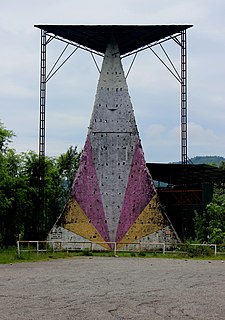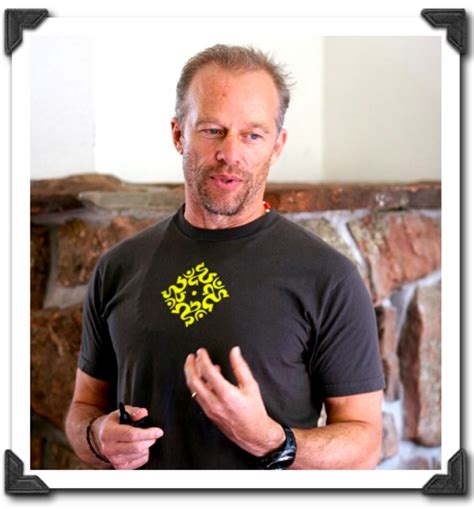A Quote by Umberto Eco
the first quality of an honest man is contempt for religion, which would have us afraid of the most natural thing in the world, which is death; and would have us hate the one beautiful thing destiny has given us, which is life.
Related Quotes
It is really very important while you are young to live in an environment in which there is no fear. Most of us, as we grow older, become frightened; we are afraid of living, afraid of losing a job, afraid of tradition, afraid of what the neighbours, or what the wife or husband would say, afraid of death.
It is not desirable that we should live as in the constant atmosphere and presence of death; that would unfit us for life; but it is well for us, now and then, to talk with death as friend talketh with friend, and to bathe in the strange seas, and to anticipate the experiences of that land to which it will lead us. These forethinkings are meant, not to make us discontented with life, but to bring us back with more strength, and a nobler purpose in living.
The Scripture, which tells us not to be angry at all, and which says in the thirty-seventh Psalm, Cease from anger, and forsake wrath, and which commands us by the mouth of Paul to put off all these, anger, wrath, malice, blasphemy, filthy communication, would not involve God in the same passion from which it would have us to be altogether free.
Or if the hypothesis were offered us of a world in which Messrs. Fourier's and Bellamy's and Morris's Utopias should all be outdone, and millions kept permanently happy on the one simple condition that a certain lost soul on the far-off edge of things should lead a life of lonely torment, what except a specifical and independent sort of emotion can it be which would make us immediately feel, even though an impulse arose within us to clutch at the happiness so offered, how hideous a thing would be its enjoyment when deliberately accepted as the fruit of such a bargain?
There is a form of eminence which does not depend on fate; it is an air which sets us apart and seems to prtend great things; it is the value which we unconsciously attach to ourselves; it is the quality which wins us deference of others; more than birth, position, or ability, it gives us ascendance.
It is not merely the brevity by which the haiku isolates a particular group of phenomena from all the rest; nor its suggestiveness, through which it reveals a whole world of experience. It is not only in its remarkable use of the season word, by which it gives us a feeling of a quarter of the year; nor its faint all-pervading humour. Its peculiar quality is its self-effacing, self-annihilative nature, by which it enables us, more than any other form of literature, to grasp the thing-in-itself.
The World is not an idea as asserted by philosophers who have dedicated their entire lives to the exploration of ideas. First and foremost the world is passion. But passion is associated with sadness. Sadness does not only arise from death which makes us face the Eternity, but also from life which causes us to confront the Time.
The birth of Christ our Lord was more than an incident, it was an epoch in the history of the world... He came to teach us the character of God, and by example and precept pointed out the path which, if we walk in it, will lead us back into his presence. He came to break the bands of death with which man was bound, and made possible the resurrection by which the grave is robbed of its victory and death of its sting.
It is a sweet thing that we serve a dissatisfied God who has destinations in mind for us that we would never choose for ourselves. It really is a good thing that he will not be satisfied until he has gotten us exactly where he created us and re-created us to be. Most of us would have been satisfied to stay at home, and many of us would have quit the journey long before it was completed. But our heavenly Father won't give up until each one of his children has completed the journey.
All doctrines relating to the creation of the world, the government of man by superior beings, and his destiny after death, are conjectures which have been given out as facts, handed down with many adornments by tradition, and accepted by posterity as "revealed religion". They are theories more or less rational which uncivilised men have devised in order to explain the facts of life, and which civilised men believe that they believe.







































